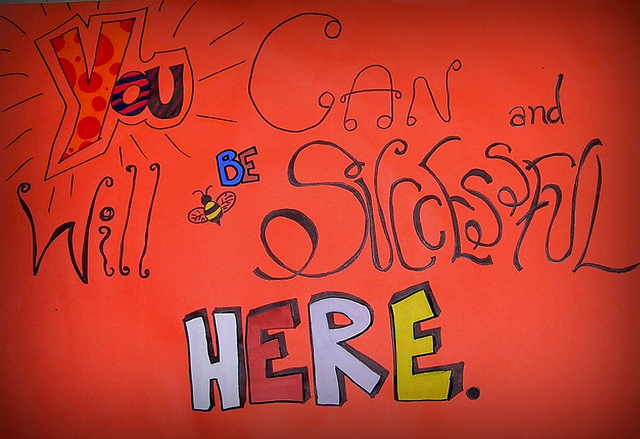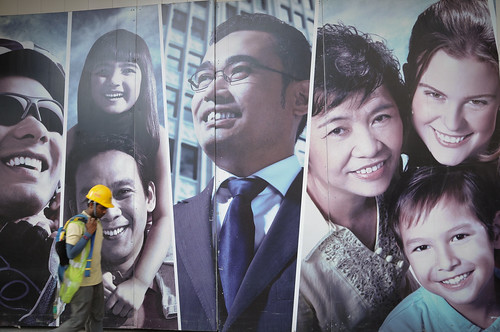By Marie Puertollano, Esq.
We filed an H-1B case on April 1, 2014 for Product Line Manager, a position in the “Market Research Analyst” category of USCIS. The beneficiary has a Bachelor’s Degree in Engineering. The petitioner (the employer) is involved in high tech manufacturing. A few weeks later, we received a Request for Evidence questioning two aspects of the case.
First, USCIS questioned the fact that the position qualifies as the “specialty occupation”. Many occupations in engineering, medicine or accounting are traditionally considered specialty occupations. However, occupations in sales or marketing included in the “Market Research Analyst” category are not normally viewed to be appropriate for H-1B. USCIS uses the Occupational Outlook Handbook (OOH), a publication of the Department of Labor to determine what occupational category a particular position falls under. USCIS then tries to match the duties of a particular position with the occupational classifications found in OOH. As such, Product Line Manager position fell into Market Research Analyst classification.
Secondly, USCIS stated that the degree in Engineering of the beneficiary is unrelated to the position of Market Research Analyst. USCIS also routinely consults the OOH to determine the particular position’s educational requirements to determine whether the beneficiary’s background is relevant for the occupation. The OOH states that Market Research Analysts “typically need a bachelor’s degree in market research or a related field. Many have degrees in fields such as statistics, math, and computer science. Others have backgrounds in business administration, the social sciences, or communications.” Engineering is not mentioned as a possible field of study. This is why USCIS asked to “clarify how the beneficiary’s educational background qualified the beneficiary for the proffered position of Product Line Manager/Market Research Analyst”.
We timely answered to the Request for More Evidence (RFE) and the case was approved one week after! Here are some of the pointers we used in our RFE response.
 Visa Lawyer Blog
Visa Lawyer Blog





